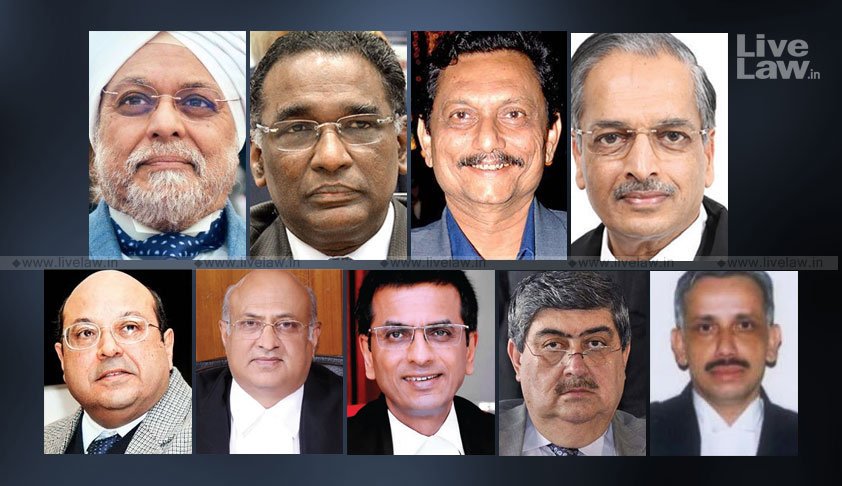Is There A Right To Privacy? SC’s Nine Judge Bench Seeks Answer From Petitioners on Day One of Hearing
LIVELAW NEWS NETWORK
19 July 2017 10:04 PM IST

Next Story
19 July 2017 10:04 PM IST
Justice Chandrachud observed that if we just hold privacy is a right, Naz judgment may become problematic.The hearing before the nine-Judge bench of the Supreme Court on whether there is a fundamental right to privacy in India began today, with the counsel for petitioners making a strong pitch in favour of the right to privacy. The first to address the bench was senior advocate,...
